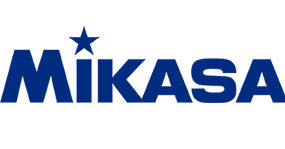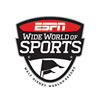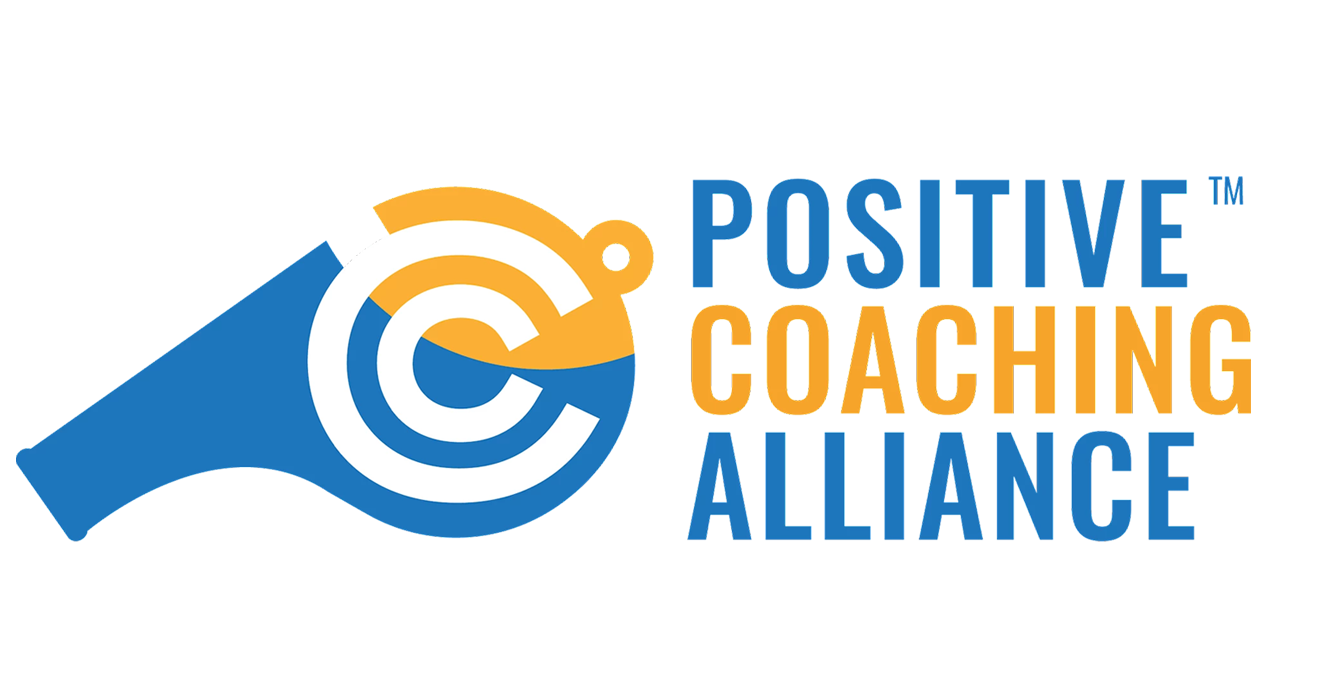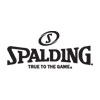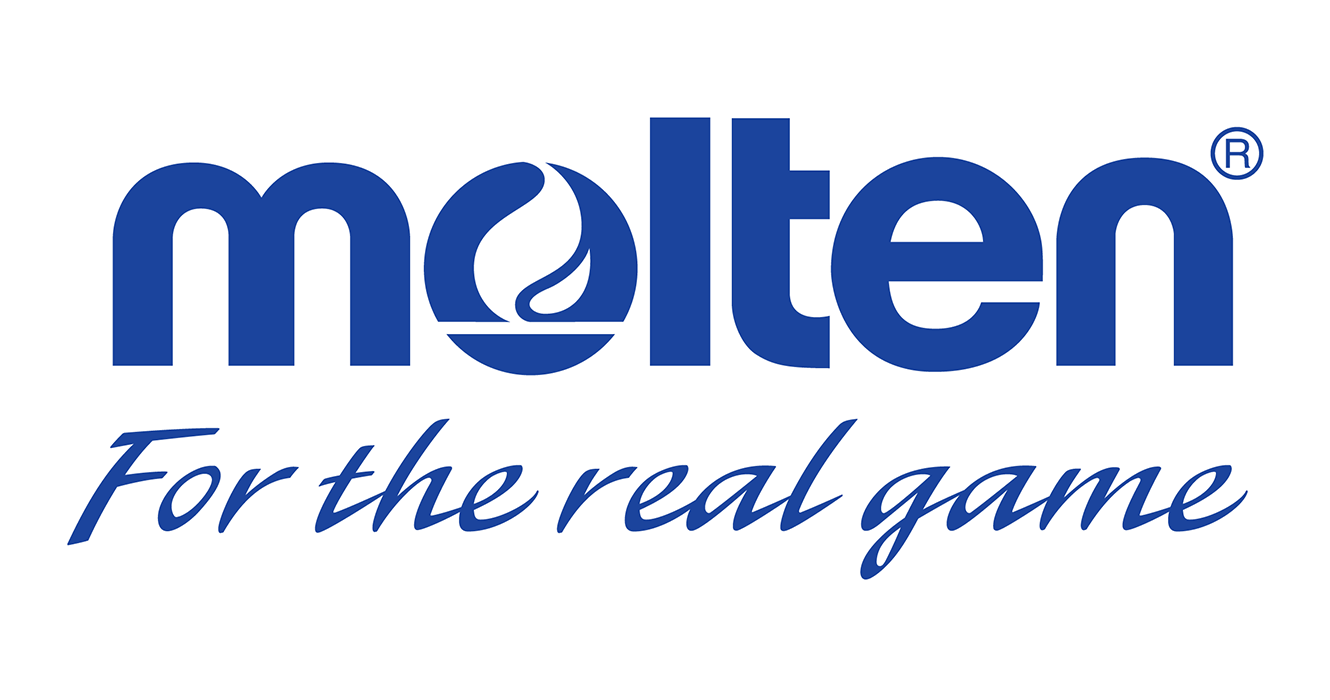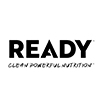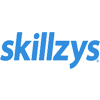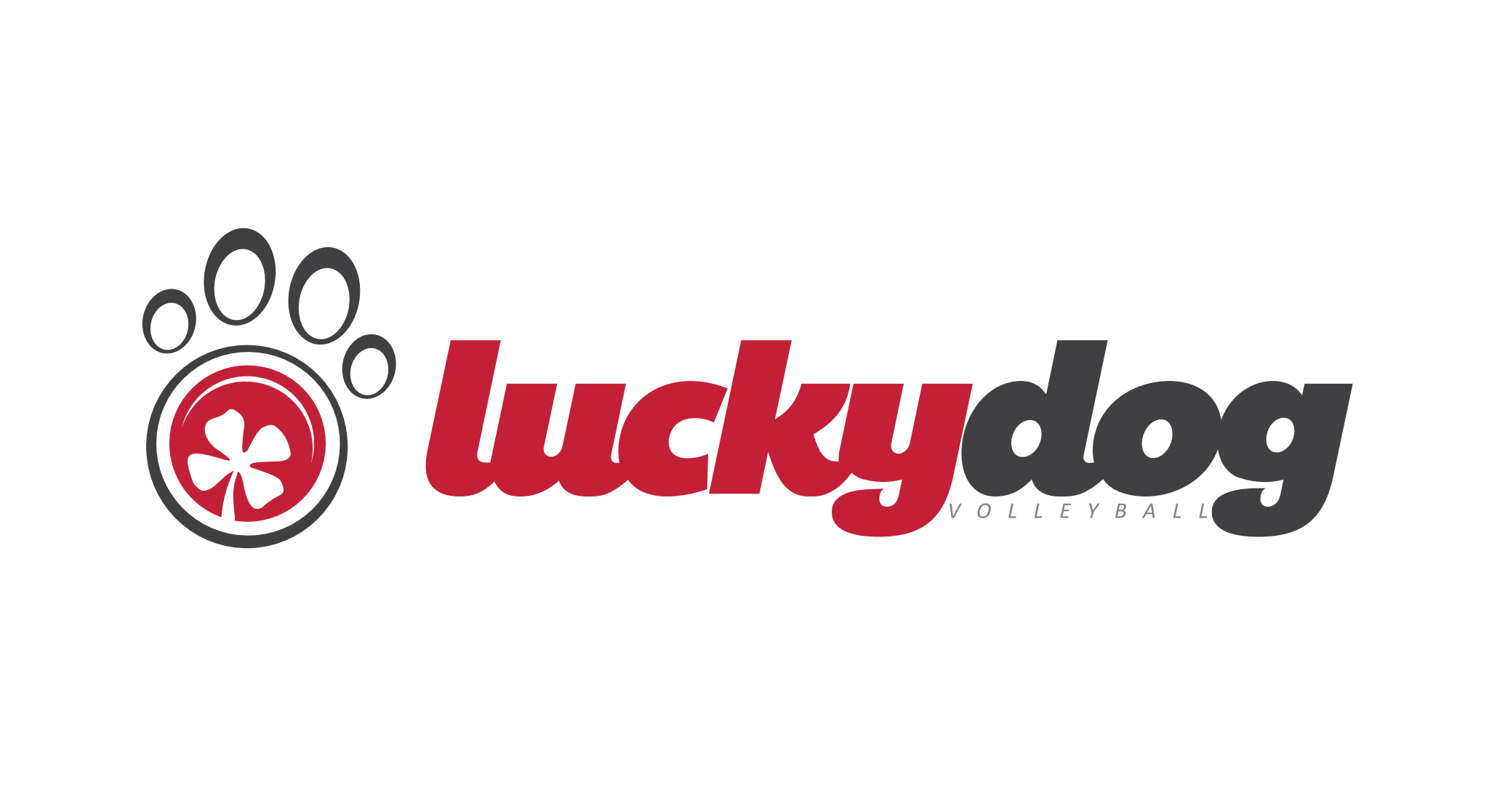MICHIGAN VOLLEYBALL STARTS AAU OFFICIALS' TRAINING
2017-02-02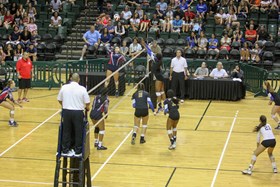
GRAND RAPIDS, MI – If youth volleyball is going to continue its impressive growth in Michigan through the Amateur Athletic Union, professionally trained officials must provide a solid foundation for that growth. The Michigan Junior Volleyball Association is the leading organization for events throughout the club volleyball season, annually feeding teams ...
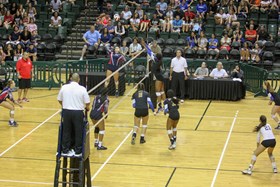 GRAND RAPIDS, MI – If youth volleyball is going to continue its impressive growth in Michigan through the Amateur Athletic Union, professionally trained officials must provide a solid foundation for that growth.
GRAND RAPIDS, MI – If youth volleyball is going to continue its impressive growth in Michigan through the Amateur Athletic Union, professionally trained officials must provide a solid foundation for that growth.
The Michigan Junior Volleyball Association is the leading organization for events throughout the club volleyball season, annually feeding teams to the AAU Volleyball Nationals in Florida at the end of each season.
If MJVBA signature events like Lakeshore Volleyfest/AAU Super Regional and the MJVBA Association Championships/AAU Grand Prix – both hosted in Grand Rapids, MI plus many new 2-day AAU tournaments across the state – are going to continue to grow beyond the hundreds of teams, 100-plus courts and dozen facilities for each event, more officials are needed.
Increasing the number of professionally-trained officials was the charge Sharon Schatz – head of MJVBA and AAU volleyball in Michigan for years – gave to AAU Michigan’s head official Justin Basovsky, a national official and a Chicago-based assignor for club volleyball events across the nation.
MJVBA began an aggressive and innovative effort to train officials of all skill levels and add them to the roster of officials available for weekly power leagues and the big end of the year tournaments. The training program began in 2016 and continues this year, having more than 50 officials take part since its inception.
“Michigan is very fortunate to have dedicated officials willing to jump in to develop and implement a training and certification program for adults and training club players to officiate,” Schatz said. “The program has not only increased the quality of officiating in Michigan but also has officials wanting more advanced training which is in the works.”
Heading up training in West Michigan is veteran official Ray Bauer, head of officials in the lakeshore area. Bauer and Basovsky began designing the volleyball officials training program in late 2015. The program is designed for new officials, those with limited high school experience and those with higher level skills both at the club and college level, Bauer said.
Training includes efforts to standardize officiating techniques for both R1 and R2, the use of the international scoresheet and efficiently conducting junior club volleyball matches.
“Officials working for us have to realize that protocols are different at our tournaments than high school or even college,” Bauer said.
The Michigan AAU training is done in conjunction with lower level club league play and conducted by veteran officials from around the state. Those entering the day-long training program must first join AAU, which provides a background screening and insurance for safety and security of the participants and event organizers, Bauer said.
All Michigan AAU officials must purchase a proper uniform and have basic equipment such as a professional whistle, net measurement chain, ball gauge/pump, sanctioning cards and a time piece other than a smartphone. The camp fee includes a United State Association of Volleyball domestic completion rule book, which AAU follows with minor modifications.
The training day begins before the teams arrive for the morning “wave” of competition. Bauer said instructors provide scoresheet training, pre-match procedures and how to work with junior R2/line judges/scorekeepers.
Those being trained are assigned three to a court with a rotation of R1/R2/line judge work. Observers guide and instruct the officials through the six morning matches, he said.
“Each participant will at the end of the day receive three areas of strengths and three areas for improvements that they can use to challenge themselves to become better officials,” Bauer said.
During the lunch break between the morning and afternoon “waves,” participants will receive group feedback and take an AAU officials test – a 50-question test designed by Basovsky. The test is taken so that it is interactive and corrected to 100 percent, Bauer said.
For the final portion of the training, officials may be able to officiate afternoon matches for pay but still under the observation and guidance of veteran officials.
The Michigan AAU volleyball officiating effort has extended to higher level, older junior players who are trained as R1 and R2. This will allow them to officiate lower level matches through their clubs’ leagues, Bauer said.
Finally, a group of veteran officials have made visits to various Michigan volleyball clubs to train junior team members for their obligations as work crews which are expected at nearly every competition. The players are taught to be R2, scorekeepers and line judges, Bauer said.
In the future, MJVBA and Basovsky will work on an advance training sessions for dedicated adult officials to further the professional advancement of Michigan officials, Schatz said.
“This adult training is being done with the hope of especially drawing young women officials into our sport and officiating profession,” Bauer said. “As older officials retire, this is how we are going to continue to grow our base of officials for what in Michigan is an overwhelmingly girls’ and women’s sport.”
Dave Alexander is an AAU, USAV and PAVO official in Michigan. He recently took an early retirement after 34 years as a newspaper reporter and editor. He currently is a downtown manager in Muskegon, MI.

 Email
Email Print
Print

